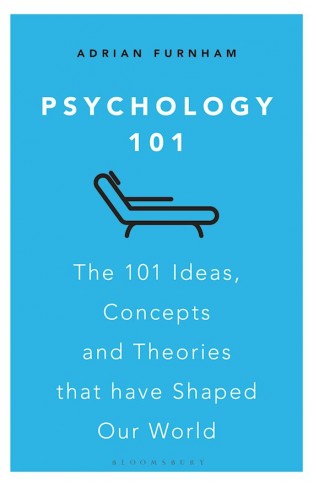Psychology as an academic discipline, as well as a profession, is blooming. There are over 100,000 licensed practitioners in America and a similar number of students in Britain; the American Psychological Association has 55 specialist fields alone. Psychologists have always shone a torch, and often a spotlight, into many dark corners of the human mind. They study everything from art preference to altruism; coaching to criminality; jokes and humour to justice and honesty; as well as sex differences to schizophrenia. Most, but not all, psychological research is serious, often useful, and occasionally profound. Sometimes researchers are accused of researching trivial questions. But what is trivial in one generation might not be the same in the next. Students of body language and non-verbal communication were thought of as pursuing a pointless quest in the 1960s but today it forms one of the fundamentals of understanding human communication. Equally, 20 years ago, psychologists were scorned for studying happiness when it was thought they meant to be focusing entirely on human misery! At its best, psychology offers clear descriptions and explanations for all sort of phenomena. Better results can be replicated, theories tested and predictions made. More importantly, psychological research is often aimed at improving lives. Nearly all the applied psychologists - e.g. clinical, educational, counselling and work psychologists - aim as a result of their research to make people more happy and able to realise their potential. This new book offers bite-size articles of psychological science, and the choice of topics reflects the author's own expertise, interest, and training. Covering a broad range of topics, Psychology 101 offers the essential guide book for anyone with an interest, either academic, professional or general, in demystifying and understanding the world of psychological theories, issues and beliefs.












